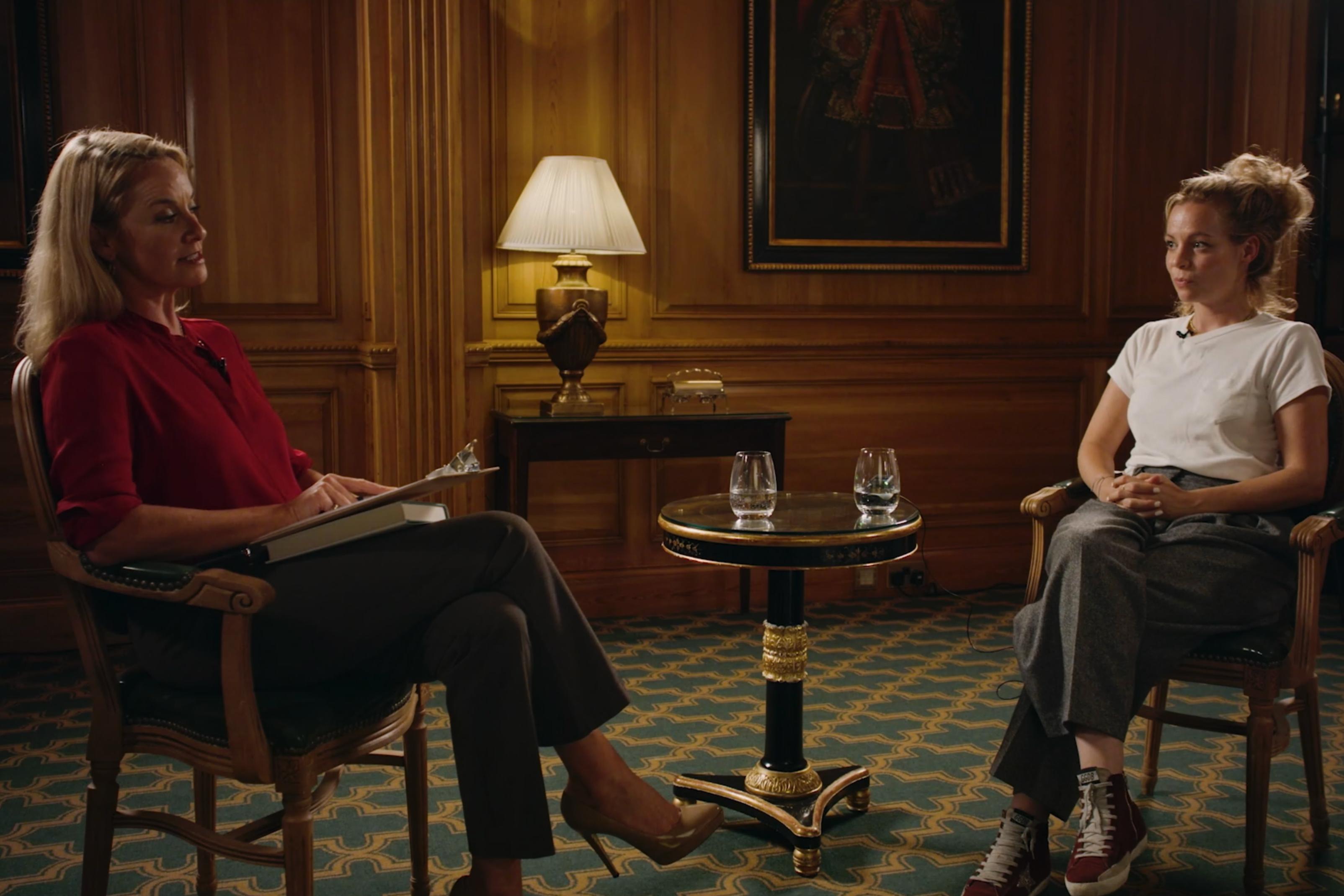


28/11/20
Stockbridge, Edinburgh
We were devotees of the short-lived (but hopefully one-day-to-be-revived) Southside Scran, which opened up in our neighbourhood just two years ago. Indeed, we banged on about it so much that, last Christmas, no fewer than three people bought us vouchers for the place. We were delighted! But we only got to spend two of them before disaster struck: the ceiling fell down, and the restaurant shut while repairs got underway.
And then COVID.
The Kitchen Group announced the permanent closure of Castle Terrace, another of their restaurants in our vicinity (truly, we were spoiled), and also confirmed that Southside Scran would be closed for the rest of 2020. A double blow. For them more than for us, of course. But we feel the loss too. We chose our flat because of its location, its proximity to the theatres and cinemas and restaurants and bars. All closed. All gone.
So we seized upon the news that The Scran & Scallie has started offering an ‘at home’ menu for collection or delivery. At last! The chance to indulge in some of our favourite food for the first time since last January. And we could put our remaining voucher towards it too.
It’s not as good, of course, as going out. Even though we do, literally, go out, because we opt for collection rather than delivery, so drive down to Stockbridge to pick up our order. (Usually we’d walk, but it’s forty minutes each way, and we don’t want a cold dinner.) But it’s as good as not-going-out can be: each course perfectly executed, each mouthful a delight.
Philip’s starter is the duck terrine with pear and raisin chutney, which is rich and gamey and delicious. I have the goat’s cheese tart with walnut condiment, and it’s light and creamy, all soft cheese and delicate puff pastry, with the walnut providing a welcome crunch.
My main is a gnocchi and blue cheese gratin. I rarely order gnocchi because they’re often awful, but I know I’m in good hands here so I take the risk. It’s a good move: this dish is like posh invalid food: intensely flavoured and utterly indulgent. Philip opts for the special, which today is sea trout with beetroot, hispi salad and salsa verdi. We share a side of chips, because, why not? And the sea trout is the standout of the evening, which isn’t a surprise: we always seem to love the Kitchin Group specials. It’s cooked to perfection, the flesh succulent and flaky, the skin as crispy as can be.
We wait almost an hour before moving on to our cheese course, which we do ourselves, because we’re at home, and we can. I’ve made some crackers, and we’ve a couple of new arrivals from Pong, so we have a little nibble on those, and drink another glass of wine.
And then it’s back to The Scran & Scallie‘s offerings: sticky toffee pudding and chocolate custard with honeycomb, which we share. They’re both glorious, and we luxuriate in the sugar fix.
We’re at home, so there’s the washing up to do, but – you know what? – that’s okay. We’re smiling; we’ve had a lovely time. I wash; he dries. And we spend the whole time enthusing over the meal we’ve just had.
4.8 stars
Susan Singfield























